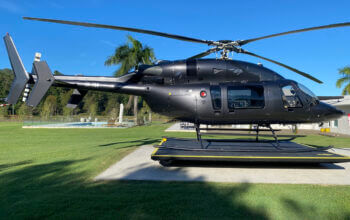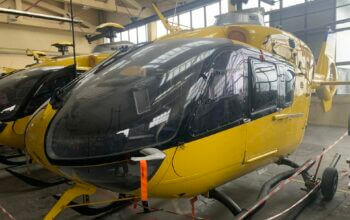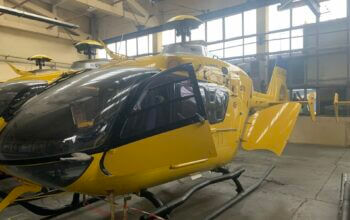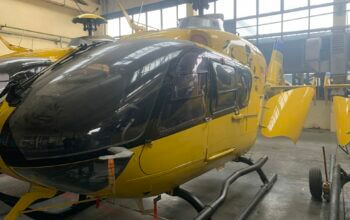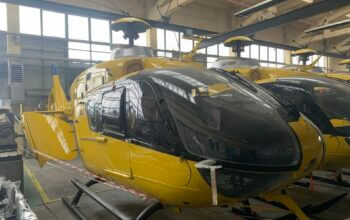Estimated reading time 8 minutes, 2 seconds.
Transport Minister Marc Garneau says that Canada’s “clear, consistent, transparent and fair” Air Passenger Protection Regulations (APPR) will be “the best system in the world” when they take effect next year.
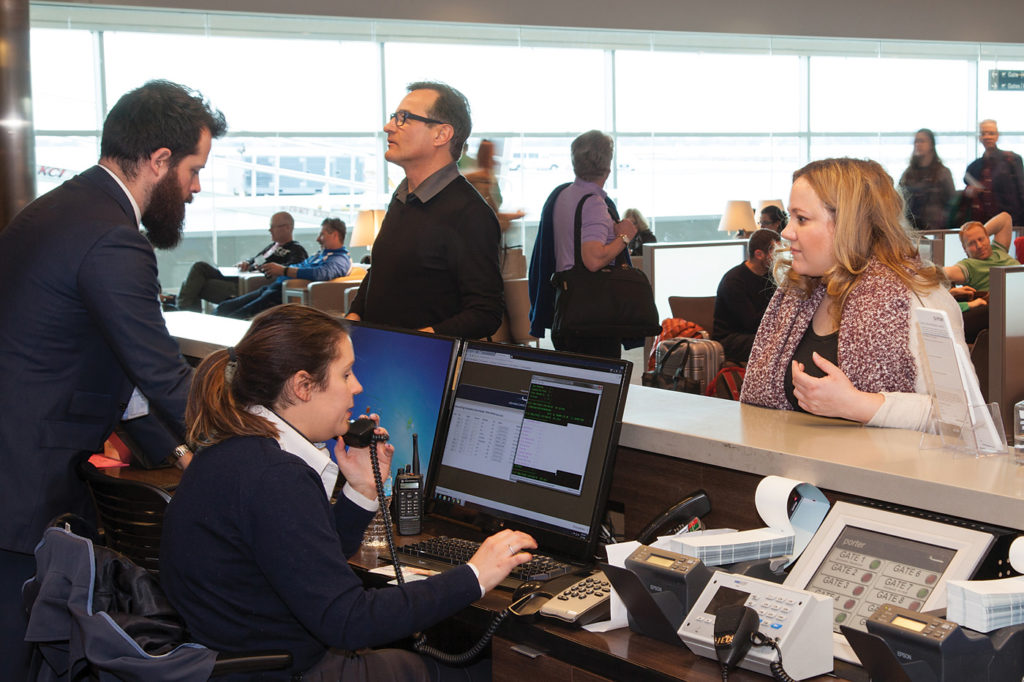
“It is absolutely essential . . . to have a regime of passenger rights, something that people have talked about for well over a decade and that our government is finally doing,” Garneau told reporters on Dec. 17.
A draft of the APPR is scheduled for publication Dec. 22 in Canada Gazette Part I.
Industry and public feedback is to be assessed during a 60-day comment period, ending Feb. 20. The Canadian Transportation Agency (CTA) will then review comments before a final version of the regulations is published in Part II by the spring, with the goal of having the new rules in place and enforceable by next summer. Non-compliance would leave operators open to fines of up to $25,000 for each occurrence.
Shortly before Garneau held a news conference at Ottawa International Airport, Canadian Transportation Agency Chair Scott Streiner said during a teleconference that the new regime would set out carriers’ minimum obligations toward passengers. They would include standards of treatment and minimum compensation for flights to, from, and within Canada, and apply to foreign as well as domestic carriers, a situation Garneau said will be “unique” in the airline industry.
Streiner said the draft regulations were the result of an “intensive” three months of consultations, which wrapped up in August and were designed to balance the need for discussion against the need to get the new regulations into place as soon as practicable.
Those consultations saw 31,000 visits to a CTA consultation website, approximately 5,500 comments and questionnaires uploaded, 200 in-person consultations and 104 written briefs, as well as more than 900 passenger surveys at airports across the country.
Focusing on flight delays and cancellations, Streiner explained that there would be three categories for compliance.
One is situations “fully within the control of the airline,” such as overbooking and denied boarding for “commercial purposes” such as changing to a smaller aircraft or combining relatively empty flights – “a topic on which we received lots of input,” said Streiner.
Sliding levels of compensation in these cases in Canada would be comparable to levels in Europe, which he said is “a global leader in this area.” However, while European compensation is based on flight distances in kilometres, Canada’s would be based on the lateness of arrival, but in two tiers.
On larger carriers (defined as carrying at least a million passengers annually, which Streiner said applies to some 90 per cent of Canadians), compensation would be $400 for delays of three to six hours, $700 for six to nine hours, and $1,000 for anything longer.
It would be $125, $250 and $500, respectively, for carriers serving remote centres, the lower amounts taking into account the basic “fragility” of their schedules, mainly due to weather.
A second category would apply to delays within an airline’s control, for safety reasons such as a mechanical function, which Streiner said is “not easily anticipated,” but excluding issues which should be addressed in scheduled maintenance.
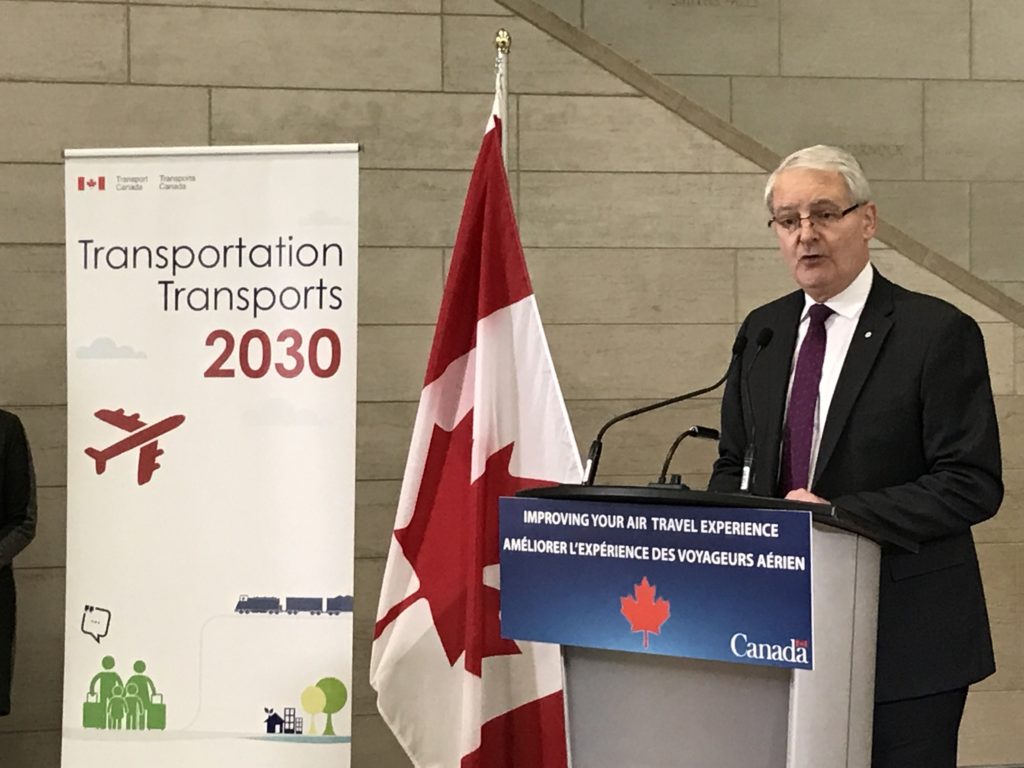
The third category would be situations completely outside a carrier’s control, such as war, sabotage, weather, natural disasters, bird strikes or anything else “which simply makes it unsafe to fly.”
In the first two categories, when the delay is two hours or more, passengers would be entitled to food and drink, free electronic communications and, if held overnight, to accommodations.
In all three categories, passengers would be entitled to complete their itineraries through rebooking in the same class of service.
When a delay is longer than nine hours, larger carriers would be obliged to rebook passengers on a competitor. A CTA official at the briefing told Skies that any issue of costs would be a “commercial” arrangement between the two airlines, but there would be no additional payment by the passengers. Smaller operators, due to a fundamental lack of alternatives in most markets, would not be required to rebook.
“If a passenger . . . doesn’t want to be rebooked, in that case they can get a full refund on their ticket as well as compensation for the inconvenience caused to them,” said Streiner. That compensation would be $400 for large airlines and $125 for smaller operators.
In cases where boarding is denied despite a confirmed reservation, due to overbooking or for “commercial decisions” such as a change in aircraft, Streiner said carriers would be “encouraged” to find volunteers to take another flight. Compensation in these cases would be $900 for passengers who are denied boarding and who would be up to six hours late at their destination, $1,800 if they are six to nine hours late, and $2,400 if they are delayed nine hours or more.
As for delays on the tarmac, passengers would be entitled to washroom access, food and drink and free electronic communications when the delay is more than three hours. Streiner said that due to factors such as de-icing and if there is “a good chance” of takeoff within 45 minutes after that three-hour period, a one-time extension would be permitted.
Concerning the accommodation of children, another source of complaints to the CTA, Streiner said this should be “facilitated at no extra cost to the family.”
The regulations would require children younger than five years to be seated next to their parents or guardians, while those aged five to 11 would be no more than one seat apart in the same row, and those aged 12 to 13 would be “in proximity” but no more than one row away.
Asked how the new compensation structure might affect ticket prices, he said a “very detailed economic analysis” indicated that it would average approximately $2.75. “That’s going to be the cost to airlines if you divide it among all the passengers who fly. How much of that will flow through to passengers remains to be seen.”
He also acknowledged that there had been “pushback” from the industry during the consultation period.
“Obviously, airlines have asked us to avoid compensation levels that they would describe as ‘punitive.’ They . . . urged us to set compensation they described as ‘reasonable’ . . . We think that by pegging the compensation levels to those in Europe . . . we struck an appropriate balance.”
Garneau said that a key element of the new approach is to ensure passengers are informed regularly. The new rules require carriers to provide updates at least every 30 minutes by email, text or whatever means passengers choose.
“We’ll be watching that as the new rules come into effect,” he warned.
